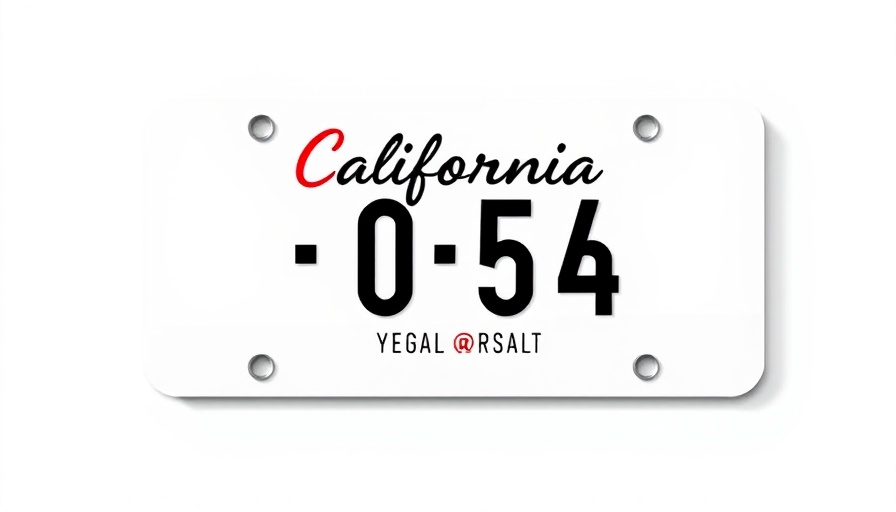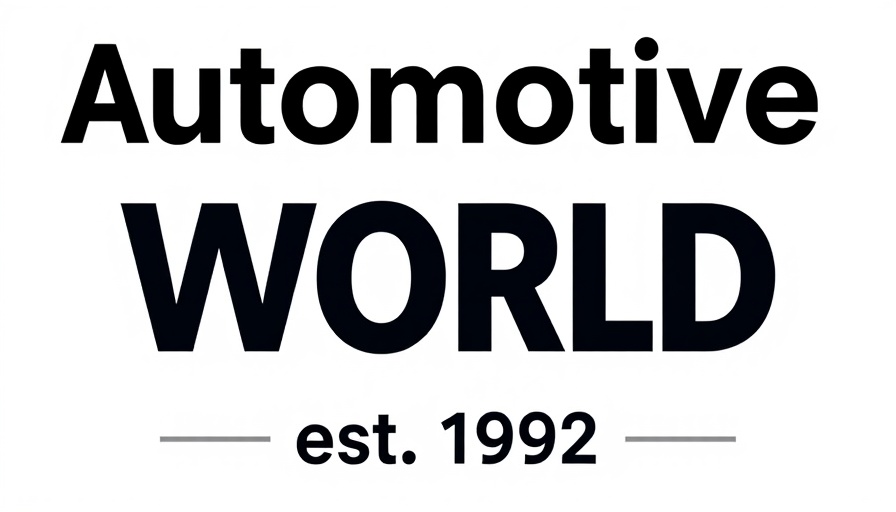
The Accusations: GM, FCA, and UAW Under Fire
Just days before the anticipated return of Donald Trump to the White House, the U.S. government has initiated lawsuits against major players in the automotive industry, namely General Motors (GM), Fiat Chrysler Automobiles (FCA), and the United Auto Workers (UAW). The lawsuits, stemming from allegations made by the Equal Employment Opportunity Commission (EEOC), claim that these entities engaged in discriminatory practices based on age and gender.
The Implications of Timing
Timing may play a significant role in how these lawsuits unfold. With Trump’s return, there is a possibility that these government actions could be deprioritized, raising questions about accountability and fairness within the automotive sector. Some industry insiders speculate that the shift in administration could alter the political landscape that currently sanctions legal proceedings against such hefty corporations.
Understanding the Context: A Historical Perspective
This lawsuit is not an isolated incident; it highlights ongoing tensions between labor unions and major automakers that have spanned decades. Over the years, there have been numerous accusations of discrimination and corruption in the industry, revealing a historical context of struggle for equitable treatment among different employee demographics within large corporations.
Why This Matters for the Automotive Industry
The ramifications of such legal actions can reverberate extensively. Dealership principals, GMs, and Fixed Ops Directors should understand that allegations of discrimination not only tarnish reputations but can also affect sales, employee morale, and ultimately the bottom line. Hence, it is crucial for leadership within the automotive sector to actively address these concerns, fostering a culture of inclusivity and transparency.
A Glimpse into the Future
As the legal proceedings unfold, industry professionals will need to keep a close eye on the results. Future prediction trends suggest a shift towards greater scrutiny of employment practices within the automotive industry, urging businesses to prioritize diversity and inclusivity measures. Leaders may find themselves faced with increased demand for compliance with civil rights protections in hiring, training, and retention.
Your Role in Creating Change
It is not enough for dealership leaders and automotive executives to sit back and observe these developments. Implementing robust anti-discrimination policies and procedures can lead to a healthier work environment and may quell the potential fallout of legal disputes. Employees should feel valued and heard, and organizations need to cultivate open lines of communication to foster trust within their ranks.
 Add Row
Add Row  Add
Add 




Write A Comment